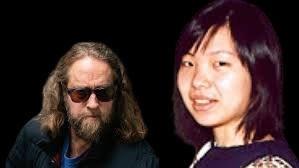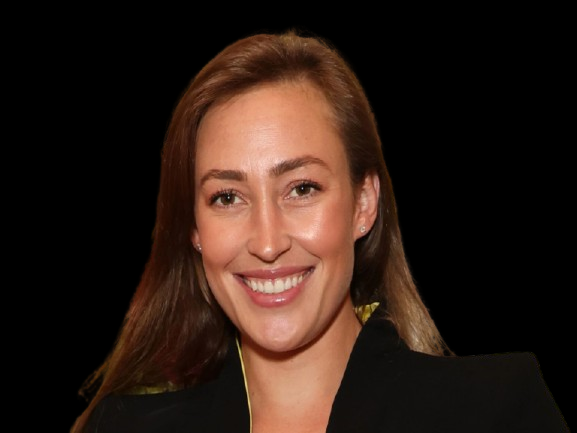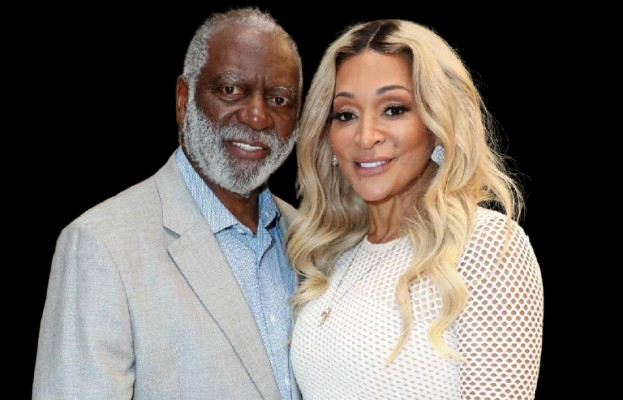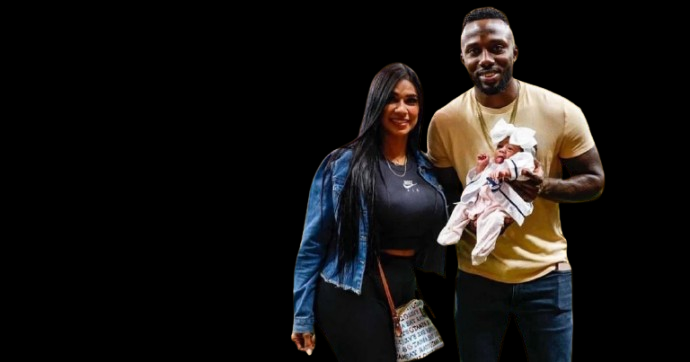Introduction
Yuko Kubota is best known in public conversations as the former spouse of comedian Josh Blue. Still, her life and journey behind the scenes reveal resilience, cultural transition, and a quietly decisive role as mother and partner. Her story blends Japanese roots, personal sacrifice, and the challenge of balancing privacy in a world of public attention. This article examines her early life, personal background, the trajectory of her marriage and motherhood, and the legacy she continues to shape today.
Early Life and Cultural Roots
Yuko Kubota was born in Japan in the late 1970s (some sources place her birth year around 1979). She grew up immersed in Japanese tradition and culture, shaped by family expectations, education, and discipline. From a young age, she developed calligraphy skills—reports suggest she won awards in calligraphic arts—which indicates an early affinity for aesthetic sensibility and fine craft.
Her Japanese heritage is a foundational part of her identity, influencing how she views family, duty, and respect. Even after leaving Japan, she carries those cultural imprints into her public and private life.
Education and Early Career
While Yuko’s full academic path is not publicly documented, she trained as a nurse (or more broadly in health care) before her later roles in life. Transitioning from Japan to the United States requires adaptability in skills, language, and credentialing; pursuing a career in nursing suggests she has embraced a stable, caring profession that centers on service and dependability.
At some point, her life also intersected with creative or design work—some reports mention that she had involvement in the gaming industry (e.g., with Sega AM3 or Sega Rosso), although concrete details are scarce. Whether or not she formally held such roles, those references hint that Yuko may have had interests beyond the medical field, bridging care and creative sensibility.
Meeting Josh Blue and Entering the Public Eye
Yuko’s path took a significant turn when she met Josh Blue, the stand-up comedian known for his work after winning Last Comic Standing. Their meeting occurred in the U.S. (likely in Boulder, Colorado), through shared social circles. Their relationship deepened over time, and they married in 2007 (some accounts say 2008). This relationship introduced her into a life of shifting public attention, spotlight, and the challenges of blending cultures and expectations.
Married life brought Yuko into a role that required balancing her own identity with the demands of being the spouse of a rising public figure. She managed private household life while Josh navigated touring, television, and media exposure.
Family Life and Children
One of Yuko’s most meaningful roles has been as a mother. She and Josh had two children together: a daughter named Seika and a son named Simon. As their family grew, Yuko’s priorities likely shifted toward providing emotional stability, navigating co-parenting, and protecting their children from undue media exposure.
During their marriage years, Yuko is often described as the private anchor—managing the home, caring for the children, and allowing Josh to pursue his comedy career without neglecting family responsibilities. She embraced the role of motherhood under pressure, ethnic crossover, and public scrutiny.
Divorce, Transition, and Co-Parenting
After six years of marriage, Yuko and Josh divorced, citing irreconcilable differences. Their separation became final around 2014. Some sources described the process as respectful, with both parties focusing on preserving co-parenting stability and protecting their children’s welfare, rather than sensationalism.
Following the split, Yuko continued to prioritize her children. She and Josh share custody, and she remains actively engaged in their upbringing. This phase of life required emotional resilience, redefining her role as a mother outside of partnership, and maintaining dignity amidst public curiosity.
Life After Marriage: Privacy Over Publicity
One consistent theme in Yuko Kubota’s life is her deliberate choice of privacy. After the divorce, she withdrew further into a life away from media glare. She is not active on social media, and very few public interviews or statements come directly from her. Many profiles refer to her as “preferring a low profile” or “living quietly” after their split.
By limiting her public presence, Yuko preserves space for herself and her children. She controls what is known and what remains private—and that very control is a form of personal agency.
Challenges and Strengths in Her Journey
Yuko’s journey has not been without difficulty. Crossing cultures from Japan to the U.S. demands adaptation. Entering a marriage with a public figure introduces continual pressure, scrutiny, and the need to reconcile two identities. The transition after divorce is emotionally taxing, especially when children are involved and public curiosity is persistent.
Yet Yuko demonstrates key strengths: emotional resilience, fidelity to family, cultural grounding, and the ability to remain composed under pressure. Her ability to step back, protect her private life, and continue caring for her children speaks to her personal resolve. She remains, in many respects, the unseen pillar behind much of the narrative.
Legacy and Quiet Influence
Though Yuko Kubota may not be widely known for public achievements—no bestsellers or celebrity branding—her legacy is carved through character more than headlines. She exemplifies strength through discretion, motherhood in turbulent times, and the dignity of setting boundaries.
For many who follow the stories of celebrities and those around them, her life reminds us that not all influence must be loud. The steadiness of one’s private choices can ripple outward. Her story may inspire spouses, mothers, and cultural crossers who seek to hold themselves firmly in changing circumstances.
What the Future May Hold
Looking forward, Yuko could choose to step more into public work aligned with her passions—such as health advocacy, cultural bridging, or community service—or she may continue to remain in private life, focusing on family and personal fulfillment. Either choice is valid, and she holds the right to choose at her own pace.
If she did engage publicly, the foundation she has built—education, cultural roots, emotional strength—positions her to do so from a place of agency. Regardless of public visibility, her legacy already lives in her children, in her example, and in how quietly she perseveres.
Conclusion
Yuko Kubota is not defined by headlines or media presence, but by the integrity of her life choices. From her Japanese upbringing and early career work to motherhood and navigating public intersections, she walks a careful path between privacy and public association. Her biography is one of quiet courage, adaptability, and resilience.
Her journey reminds us that inspiring lives are not only those broadcast widely, but also those lived faithfully behind the scenes. In Yuko’s story, we see that identity need not be subsumed by partnership, and strength need not be loud. Her life story continues to unfold—rooted in resolve, grounded in care, and enduring in its gentle power.




